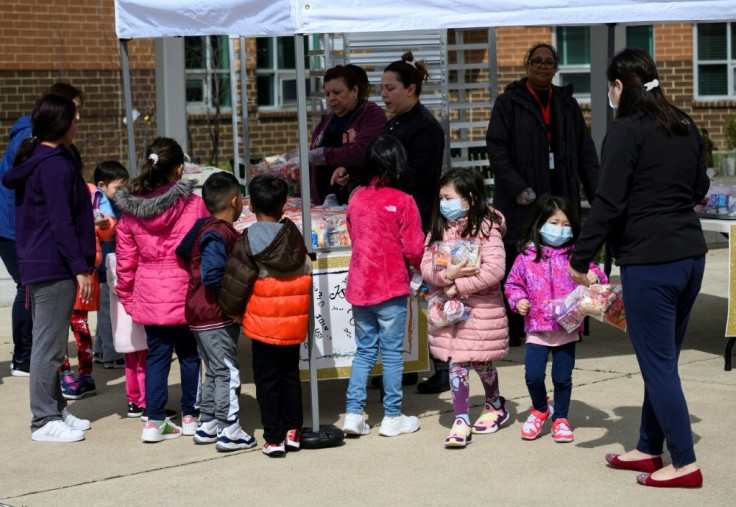Coronavirus Treatment: Antibody Study Confirms Immunity For Recovered COVID-19 Patients
KEY POINTS
- A new Chinse study claims patients who have recovered from COVID-19 eventually produce antibodies to the coronavirus
- The World Health Organization (WHO) doesn't think so
- The U.S. National Institutes of Health is encouraged by the Chinese study on antibodies
The jury was still out on whether a one-time infection to COVID-19 can lead to immunity, from contracting the disease a second time, among survivors.
The World Health Organization (WHO) doesn't think so. On April 24, it declared, "There is currently no evidence that people who have recovered from COVID-19 and have antibodies are protected from a second infection. ... No study has evaluated whether the presence of antibodies to SARS-CoV-2 confers immunity to subsequent infection by this virus in humans." SARS-CoV-2 or severe acute respiratory syndrome coronavirus 2 is the virus that causes COVID-19.
However, a new study out of China released Thursday, seemed to address WHO's contention about the absence of studies concerning antibody immunity.
The new study, "Antibody responses to SARS-CoV-2 in patients with COVID-19," contended patients who have recovered from the coronavirus eventually produce antibodies to the virus. This reaction suggested they might be capable of warding off reinfection. Antibodies are blood proteins produced by the immune system to combat viruses, and might prevent future infections.
The study was published in the journal, Nature Medicine, and was conducted by a team of researchers at Chongquing Medical University led by Dr Ai-Long Huang.
U.S. National Institutes of Health (NIH) Director Dr Francis Collins said the study involved 285 Chinese individuals hospitalized with severe COVID-19. Surprisingly, researchers found all 285 had developed SARS-CoV-2 specific antibodies within two to three weeks of their first symptoms.
He said these findings suggested the immune systems of people that survive COVID-19 were primed to recognize SARS-CoV-2 and possibly thwart a second infection. Dr Collins, however, warned more follow-up research is needed to determine just how protective these antibodies are and for how long.
The study put it this way: "We report acute antibody responses to SARS-CoV-2 in 285 patients with COVID-19. Within 19 days after symptom onset, 100% of patients tested positive for antiviral immunoglobulin-G (IgG)."
"Seroconversion for IgG and IgM occurred simultaneously or sequentially. Both IgG and IgM titers plateaued within 6 days after seroconversion. Serological testing may be helpful for the diagnosis of suspected patients with negative RT-PCR results and for the identification of asymptomatic infections."

In other words, the 285 patients produced a type of antibody called IgM, which is the first antibody the body creates when fighting an infection. Only 40% produced IgM in the first week after onset of COVID-19. This percentage kept rising and hit 95% two weeks later.
Some patients also produced a type of antibody called IgG, which has the potential to confer sustained immunity.
Researchers confirmed the results of this initial study by investigating another group of 69 people, also diagnosed with COVID-19. They found patients produced specific antibodies against SARS-CoV-2 within 20 days of their first symptoms of COVID-19 with the exception of one woman and her daughter.
© Copyright IBTimes 2024. All rights reserved.




















